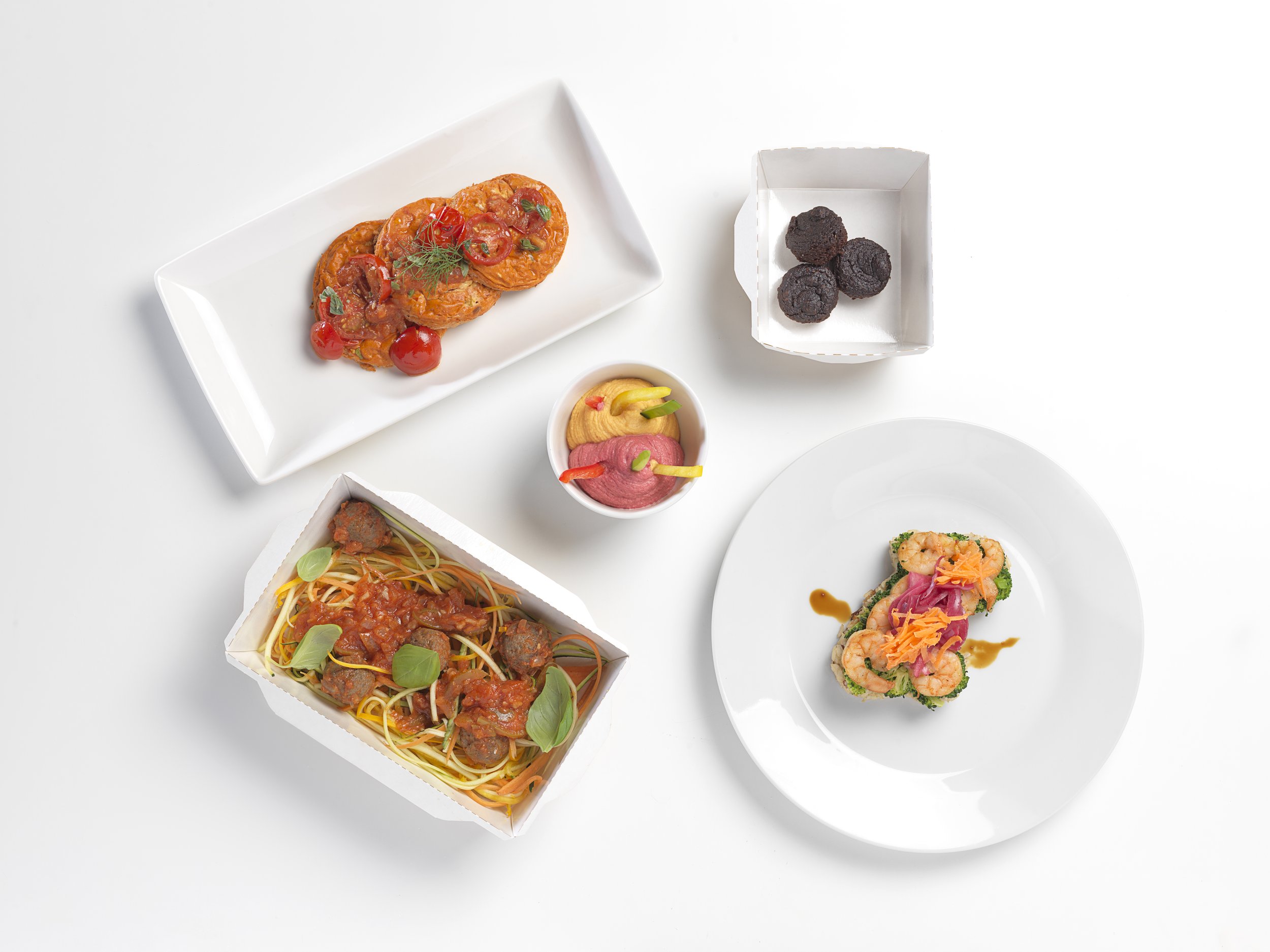
Steering the aisles of a grocery store can be overwhelming, especially when you’re following a gluten-free diet. From deciphering food labels to avoiding cross-contamination, gluten-free grocery shopping requires careful attention and planning. This information aims to equip you with the knowledge and strategies needed to confidently steer the grocery store and make informed choices while adhering to a gluten free delivery Dubai.
Understanding gluten-free labeling:
When shopping for gluten-free products, it’s essential to understand how to interpret food labels accurately. Look for products labeled as “gluten-free,” which indicates that they meet strict standards set by regulatory agencies for gluten content (usually less than 20 parts per million). Keep in mind that while many products are naturally gluten-free, such as fruits, vegetables, and unprocessed meats, others may contain hidden sources of gluten, so always check the label.
Reading ingredient lists:
Examining ingredient lists is crucial when shopping for gluten-free products. Look for ingredients derived from gluten-containing grains like wheat, barley, and rye, such as wheat flour, barley malt, and rye extract. Be aware of terms like “modified food starch” and “hydrolyzed vegetable protein,” which may indicate the presence of gluten unless specified otherwise. Additionally, watch out for cross-contamination warnings, as products processed in facilities that also handle gluten may pose a risk for those with celiac disease or gluten sensitivity.
Choosing naturally gluten-free foods:
Focusing on whole, naturally gluten-free foods is a simple and nutritious approach to gluten-free grocery shopping. Fresh fruits and vegetables, lean proteins like poultry, fish, and legumes, as well as dairy products, are naturally free from gluten and provide essential nutrients for a balanced diet. When selecting grains and starches, opt for gluten-free options such as rice, quinoa, corn, potatoes, and gluten-free oats (labeled as such to ensure they haven’t been cross-contaminated).
Beware of hidden gluten:
While some products may appear gluten-free at first glance, hidden sources of gluten can lurk in unexpected places. Be cautious of processed foods like sauces, condiments, soups, and salad dressings, which may contain gluten as a thickening agent or flavor enhancer. Similarly, be mindful of beverages like beer, malt beverages, and certain alcoholic beverages, which can contain gluten unless labeled gluten-free or made from gluten-free ingredients.
Avoiding cross-contamination:
Preventing cross-contamination is essential for individuals with celiac disease or gluten sensitivity. When shopping, avoid bulk bins and self-serve areas where cross-contamination is more likely to occur. Be cautious when handling packaged products and choose items with intact seals and undamaged packaging.